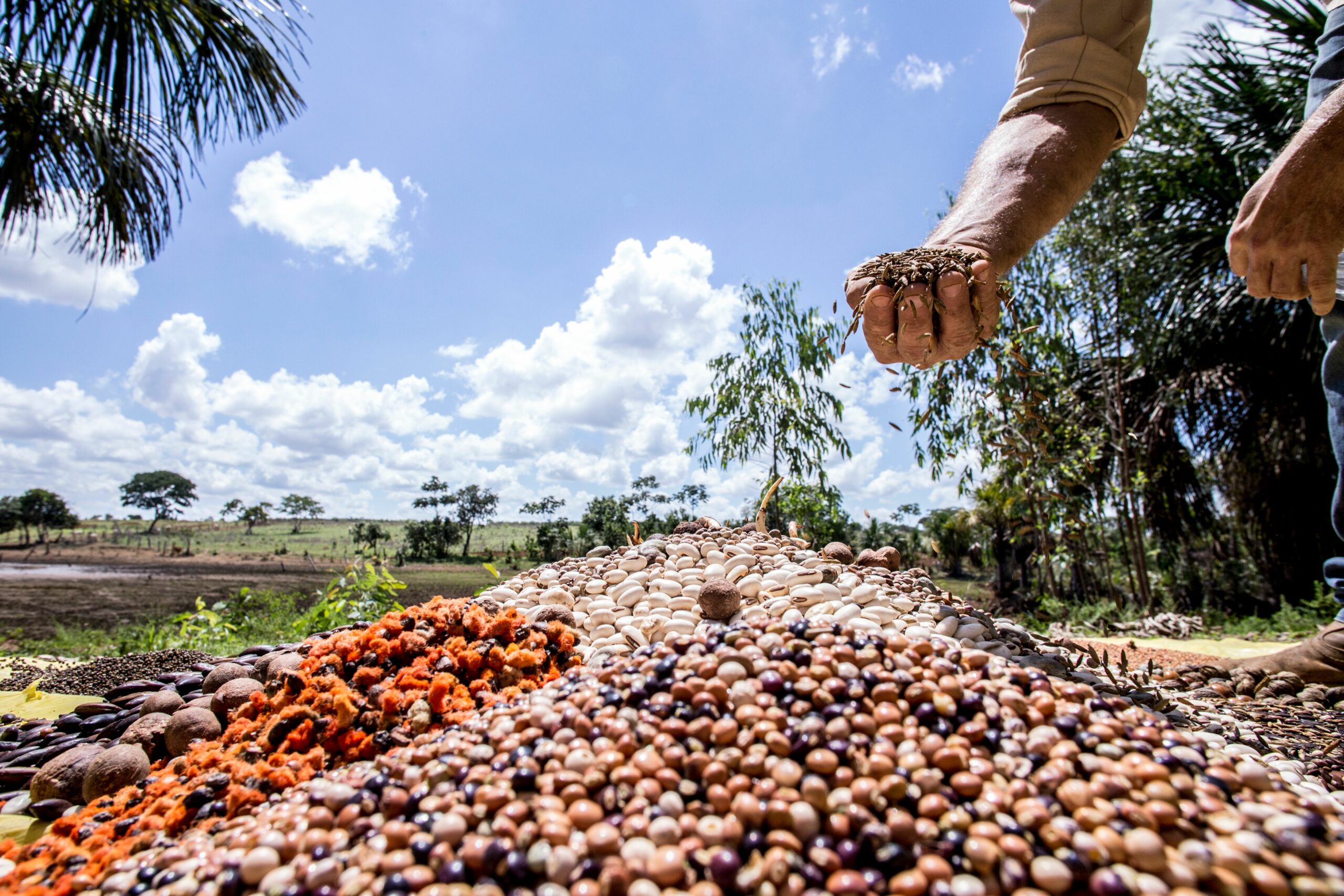A new Ashden report will help climate funders empower Indigenous Peoples, securing a vital defence against climate change.
Report overview
Guardians of the Land shares key insights from five groundbreaking initiatives from the forests of Indonesia, Peru, Cameroon, the Democratic Republic of Congo and Brazil. These insights will support funders to identify and channel money to effective, inclusive projects in these countries and beyond.
Each initiative strengthens the resilience and rights of Indigenous communities and helps them earn a sustainable living. With this support, they are better placed to be custodians of the land in which they live.
The empowerment of Indigenous Peoples will be essential if ambitions on climate and biodiversity – such as those shared at December’s UN Biodiversity Conference COP15 in Montreal – are to become a reality
The featured initiatives are all previous winners or finalists in the annual Ashden Award for Natural Climate Solutions.
-
Read the full report.
Five pioneering initiatives
Alam Sehat Lastari (ASRI), Indonesia
For more than 15 years, ASRI has been working with Indigenous communities in Indonesian Borneo to reverse illegal logging and deforestation. Innovative steps such as chainsaw buy-back and ‘goats for widows’ schemes have helped reduce illegal logging by 90%.
ECA Amarakaeri, Peru
This partnership between reserve residents and government officials has created new opportunities for farming, fishing and tourism – as well as locally-led reserve patrols tracking illegal activity.
CERAF, Cameroon
This Cameroonian NGO helps communities in the Benoue National Park restore degraded lands through agroforestry – creating incomes through beekeeping and shea and cashew nut growing. Local people have planted 261,000 trees, restoring nearly 2,600 hectares.
Mbou Mon Tour, Democratic Republic of Congo
NGO Mbou Mon Tour has supported communities to win new legal status for their land – and to work on it more sustainably, with support such as farmer training and access to seeds and tools. About 10,000 people are directly benefiting, and the initiative has created new leadership roles for local women.
Rede de Sementes do Xingu, Brazil
This seed collection network helps communities in the Amazon earn an income while restoring forests and enhancing biodiversity. So far, the network has reforested more than 6,600 hectares of degraded areas in the Xingu and Araguaia Basin.
Common features of success
Fiona Duggan, Ashden’s Head of Policy and Impact, said: “The organisations covered in this briefing are diverse geographically and in areas of work, but share a common intent and approach. These include an impressive focus on participation and democratisation, and also building equity and strengthening community resilience.
“Crucially, the success and legitimacy of the profiled organisations comes from not only being anchored in the communities they serve, but because those communities have driven the development of each initiative.
“When looking to support natural climate solutions, donors and governments can maximise their impact by engaging with projects displaying these characteristics”.
-
Read the full report

